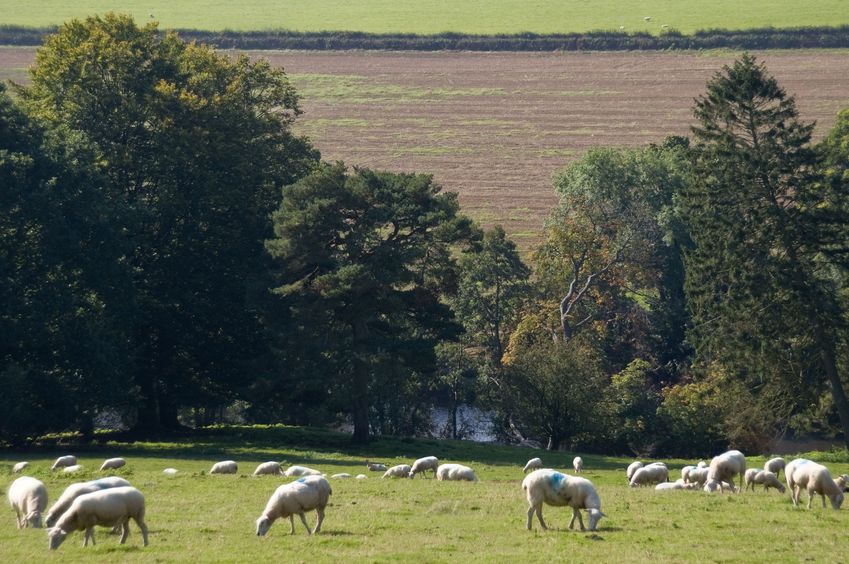
The government’s decision to prolong import limits on steel products should trigger 'sombre reflection' over the impact of trade deals that open markets up to cheap food imports, a union has warned.
The government announced last week that it would extend measures that defend the steel industry against cheap imports of certain types of steel, particularly from China.
The steel industry had described the original plan to remove tariffs as “utter madness”, warning that import surges would be devastating for the industry in the UK.
Referring to the trade deal recently agreed with Australia, the Farmers’ Union of Wales (FUW) said the phrase ‘utter madness’ also applied to moves that would open up the market to lower standard food imports.
The union’s president Glyn Roberts said such deals would be particularly devastating for rural areas where jobs relating to farming made up a large proportion of the workforce.
Mr Roberts said that such trade deals also threatened the UK’s food security.
“Signing trade deals that will increase our reliance on food imports just 12 months after the pandemic exposed our vulnerability to sudden changes in global food supply systems can certainly be described as utter madness,” he said.
The UK government has claimed that farmers have nothing to fear from a deal with Australia, since their beef prices are currently far higher, meaning they are unlikely to use any quota they are given.
But Mr Robert said in the previous 18 years they had been consistently lower than the UK’s, and the same was the case for their lamb prices.
“Australian producers also benefit from far lower production costs due to a range of factors including lower standards,” he said.
“This means that over the past two decades our quota regime has been an essential barrier that has prevented our market and farmgate prices from being undermined by imports.”
The agreement reached in principle would see an immediate nine-fold increase in Australia’s beef import quota, rising to the equivalent of a 29 fold increase in year ten, and a 45 fold increase in year 15.
For lamb, there would be an immediate doubling of import quotas, rising to the equivalent of a six fold increase in year ten and a nine fold increase in year fifteen.
Mr Roberts said the government needed to act in the UK’s long term interests by avoiding changes to quota which will have detrimental impacts on core industries.
“This is as true for our food and farming as it is for steel,” he added.
